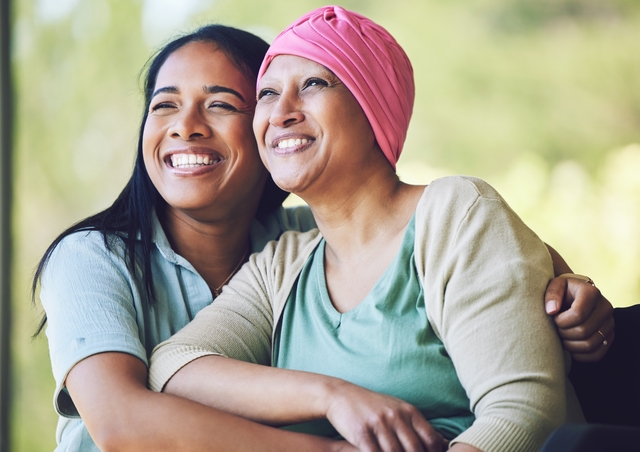A new report has found Australian women have less labour force engagement, lower income and poorer health than men.
The Monash University-led report, the Australian Women’s Health and Wellbeing Scorecard: Towards equity for women, found it will take 70 years to “reach full time employment equality with men, and more than 200 years to reach income equity”.
“Women’s labour force absence alone cost $72 billion in lost GDP annually, driving health inequities and deterioration, prompting calls for urgent action,” Monash University said.
The Monash Centre for Health Research and Implementation (MCHRI) intends to release the scorecard every year.
“Overall, The Women’s Health and Wellbeing Scorecard found economic indicators for women were improving but that a gender gap remains for all indicators except unemployment,” Monash University said.
“In this context, more women than men experienced elevated psychological distress, which has risen sharply in women aged 18-24 and 55-64 since 2001, linked to financial inequity.
“Women aged 18-24 reported the highest distress in all years since 2001. Women aged 55-64 went from reporting the lowest distress in 2001 to the second highest in 2018.”
MCHRI Women’s Economics and Value Based Care Unit lead Associate Professor Emily Callander, and MCHRI Director Professor Helena Teede, report authors, said the report confirmed that women were “failing to make progress in terms of health, well-being and equity”.
“Poor health is known to reduce income; and low income is known to increase risk of poor health creating a cycle of disadvantage for Australian women, with impact on women from diverse backgrounds even greater,” Professor Teede said.
“Poor health, low income and absence from the labour force comes at enormous cost, presenting a key barrier to future prosperity. Women disproportionately have lower income, and less engagement in the labour force, which drives poorer health, even in a high-income country like Australia.”
Monash University said MCHRI was working towards an integrated Australian Women’s Public Health, Wellbeing and Equity Institute to address these challenges.
“Having good health, meaningful employment and a decent level of income and wealth allows individuals to fully participate in and contribute to society. These are also vital for health, wellbeing and for economic growth,” Professor Callander said.
Details: https://www.monash.edu/news/articles/income-equity-for-australian-women-200-years-away,-affecting-health-and-wellbeing-report







